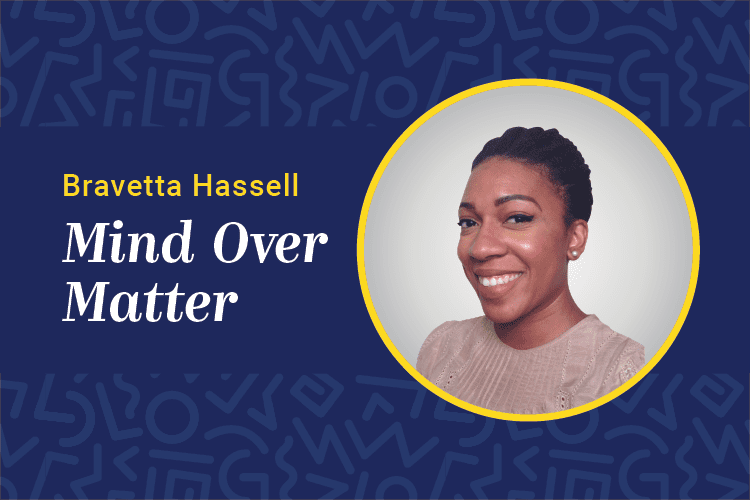 While doing research for this blog, I looked up famous people who did a little bit of drugs during their creative process before my computer suspiciously started to act up. It’s beyond me what caused the trouble — wink, wink. But be assured, it was all in the name of sharing some quirky, brainy news — particularly around the impact of LSD on language
While doing research for this blog, I looked up famous people who did a little bit of drugs during their creative process before my computer suspiciously started to act up. It’s beyond me what caused the trouble — wink, wink. But be assured, it was all in the name of sharing some quirky, brainy news — particularly around the impact of LSD on language
It seems like the creative giants of yore — and those among us today — who swore by or dabbled in psychedelics may have been on to something — other than the obvious — an August 2016 study published in Language, Cognition and Neuroscience, suggests. When researchers at the University of Kaiserslautern studied the effect LSD, or lysergic acid diethylamide, had on language, they discovered something not exactly trippy but eye-opening nevertheless.
As part of a study, 10 participants were asked to name a set of pictures while under placebo and a week later to do the same thing while under the influence of a dose of LSD.
“Results showed that while LSD does not affect reaction times,” lead author Neiloufar Family told Science Daily, “people under LSD made more mistakes that were similar in meaning to the pictures they saw.”
While on LSD, participants were more likely to call a picture of a car, for instance, a bus or a train, than they were under placebo, which suggests that LSD affects how the mind stores words and concepts in relation to one another. Under the influence of the drug, the participants were also able to call up more words, in essence to make more associations. Imagine the subconscious thoughts that could rise to the surface in such a state.
While this study was the first of its kind and was pretty small in scale, Family said the study’s results have some promising implications: “These findings are relevant for the renewed exploration of psychedelic psychotherapy, which are being developed for depression and other mental illnesses.”
Are they promising for workplace productivity? Not so much. LSD has been shown to increase communication between disparate parts of the brain that normally wouldn’t interact, but having a “trip” in the office just would not work. Zero-tolerance policies around drugs in the workplace exist for that reason. Nevertheless, this news offers a window of explanation into why the late Steve Jobs was well-documented as saying LSD was one of the best things he’d done in his life.
I’ll stick with coffee though. And quiet. And exercise. That’s stimulation and white space enough.
Bravetta Hassell is a Chief Learning Officer associate editor. Comment below or email editor@clomedia.com.












